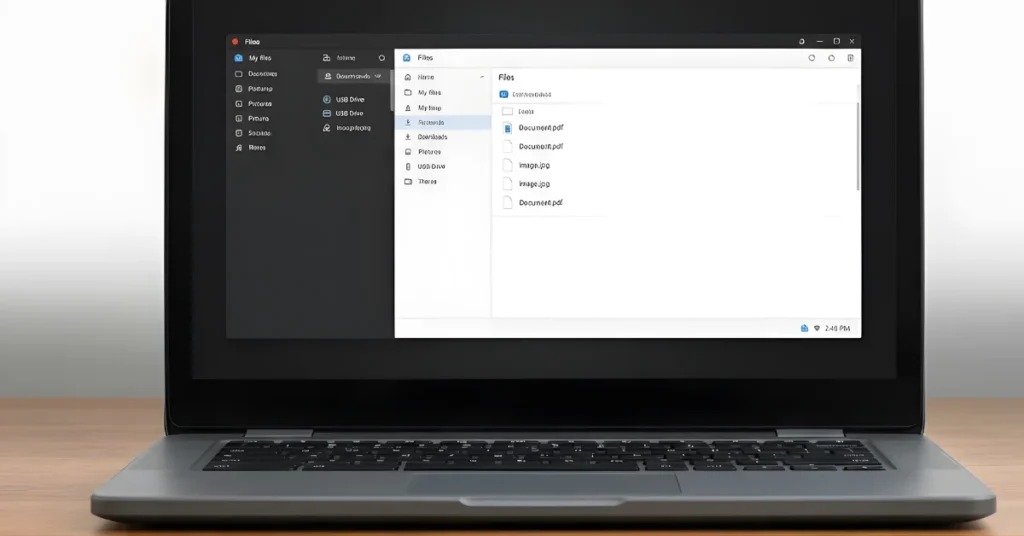If you’ve ever been intrigued by the stock market and thought about giving professional investment advice, becoming a SEBI-registered research analyst might just be your calling. Whether you’re a student, a working professional, or simply someone with a strong interest in finance, this career path can open the doors to credibility and opportunity in the Indian financial market. Let’s walk through everything you need to know about how to become SEBI registered research analyst, right from eligibility to benefits and the registration process.
What is a SEBI Registered Research Analyst?
Before we jump into the how-to, let’s clarify what a SEBI registered research analyst actually does. A SEBI-registered research analyst is a financial expert who is officially authorized by the Securities and Exchange Board of India (SEBI) to provide research-based investment advice. These professionals analyze financial data, company performance, stock trends, and market behavior, and then publish their research reports or give recommendations based on solid analysis.
SEBI introduced this registration system to ensure that the investment advice people receive is accurate, unbiased, and comes from a qualified professional.
SEBI Registered Research Analyst Eligibility
Let’s break down the minimum eligibility criteria you must meet to become a research analyst registered with SEBI.
1. Educational Qualification:
You need a professional qualification or post-graduate degree/diploma in fields like finance, economics, commerce, accounting, business management, or related areas from a recognized university.
2. Experience (if not qualified):
If you don’t meet the above academic criteria, you can still qualify if you have five years of experience in financial analysis or related fields.
3. Certification Requirement:
You must hold a valid NISM Series-XV Certification from the National Institute of Securities Markets. This exam is mandatory and tests your understanding of Indian securities markets, financial analysis, ethics, and regulations.
4. Age & Nationality:
There’s no specific age limit mentioned, but you must be an Indian citizen and have all legal documentation in place.
How to Become SEBI Registered Research Analyst | All Steps
Now that you know the eligibility, here’s a simple step-by-step guide to help you navigate the registration process.
Step 1: Clear the NISM Series-XV Exam
Start by enrolling and preparing for the NISM Series-XV: Research Analyst Certification Exam. It’s conducted online and consists of multiple-choice questions. The syllabus includes fundamental analysis, quantitative research, economic indicators, ethics, and regulations.
Tip: Make sure to download the official workbook from NISM’s website for accurate preparation.
Step 2: Gather Required Documents
Before applying to SEBI, keep the following documents ready:
- Educational and professional certificates
- NISM Series-XV certificate
- Aadhaar and PAN card copies
- Passport-sized photograph
- Updated resume
- Proof of work experience (if applicable)
Step 3: Fill the Registration Form
Go to SEBI’s Intermediary Portal (https://intermediary.sebi.gov.in/) and register as an individual research analyst. You’ll need to upload the documents mentioned and fill out personal, educational, and work-related details.
Step 4: Pay the Registration Fee
The current fee for individual registration is ₹5,000, and it’s non-refundable. Make the payment through the portal using online banking methods.
Step 5: Wait for SEBI Approval
After submission, SEBI will review your application and may request clarifications or additional documents. If everything’s in order, you’ll be granted a registration certificate.
Once approved, you officially become a SEBI registered research analyst, and your name will be listed on the SEBI website.
Benefits of SEBI Registered Research Analyst
Why go through all this effort? Well, here are some key benefits of being a SEBI registered research analyst:
1. Legal Authorization
You can legally offer research reports and stock recommendations to clients, whether you’re a freelancer, running a blog, or part of an organization.
2. Builds Credibility
SEBI registration immediately boosts your trust factor among investors and clients. It’s a mark of professionalism and accountability.
3. Opens Career Opportunities
You can work with financial firms, investment banks, stockbrokers, and fintech platforms. Many high-paying job roles demand this registration as a must-have.
4. Entrepreneurial Path
Want to start your own research advisory firm or financial newsletter? SEBI registration allows you to do it legally.
5. Stay Ahead of Unregulated Advisors
In a market flooded with self-proclaimed “stock gurus,” being registered with SEBI gives you a real edge and a competitive advantage.
Can I Become a Research Analyst Without SEBI Registration?
This is a common question. Technically, you can analyze stocks and post opinions, but you cannot charge clients or publicly offer investment recommendations without SEBI registration. Doing so can land you in legal trouble, including fines or bans from practicing in the securities market. So, if you’re serious about this profession, following the proper route is not just recommended, it’s necessary.
Career Scope After SEBI Registration
Once you’re certified, a whole world of opportunities opens up. Here’s where your career could go:
- Work with Brokerage Firms: Analyze stocks, create client reports, and guide investment strategies.
- Join Asset Management Companies (AMCs): Contribute to fund performance and research.
- Content & Education Platforms: Write for finance blogs, YouTube channels, or courses.
- Start Your Own Advisory Service: Launch your own investment advisory brand or app.
And yes, if you’re exploring broader career options, you might also want to check out how to become a Pilot in India or how to become a Lawyer in India, both of which offer unique, high-growth opportunities in different sectors.
Common Myths About SEBI Research Analyst Certification
Let’s bust a few common myths:
Myth 1: It’s only for finance graduates.
Truth: As long as you have relevant experience or certification, even engineers or arts graduates can apply.
Myth 2: The exam is too tough.
Truth: The NISM XV exam is challenging, but not impossible. With focused preparation, most candidates clear it in their first attempt.
Myth 3: There’s no demand for analysts.
Truth: The demand for qualified, SEBI-certified analysts is only increasing, especially with the rise in retail investing and fintech platforms.
If you’re someone who enjoys teaching more than finance, check out our guide on how to become a Teacher. if your curiosity never ends, don’t forget, NutBolt India is your friendly corner on the internet where we decode every “How” and “Why” you’ve ever had in mind.
Final Thoughts
Becoming a SEBI registered research analyst isn’t just about passing an exam. It’s about stepping into a role that requires ethics, diligence, and a passion for financial markets. Whether you’re planning to work with a firm or start your own advisory, this certification is your golden ticket to legitimacy and success. The process may seem long, but with the right mindset and preparation, it’s absolutely achievable. So if financial markets fascinate you, don’t just stay on the sidelines, get certified, and make your mark.













